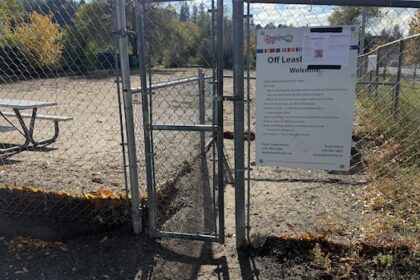Article contentThe report shows that the burden of rising prices falls heaviest on families: among those who had to dip into savings to buy food, more than half follow an omnivorous diet. Among households with three or more children, that figure climbs to 65 per cent. Protein inflation is hitting large families hardest.Article contentDespite these pressures, Canadians continue to express strong values around sustainability and transparency. More than half now “always” or “often” choose local foods, a dramatic rise from 33 per cent a year ago. Occasional supporters of local products are becoming consistent ones. Consumers are paying more attention to where their food comes from, checking labels more carefully, reducing food waste and composting more than ever. These behaviours show that even under pressure, Canadians remain committed to evidence-based and environmentally conscious choices.Article contentArticle contentTrust in the food system, however, is eroding. Farmers remain the most trusted actors, but even their scores declined slightly. Trust in Health Canada, Agriculture and Agri-Food Canada, the Canadian Food Inspection Agency, food manufacturers and grocery retailers has also softened. When institutional trust weakens, it creates space for misinformation, something the food sector is uniquely vulnerable to.Article contentOne area of overwhelming clarity is taxation. Canadians overwhelmingly believe food should remain tax-free. More than 86 per cent support eliminating retail taxes on all food items. Support spans every generation and every region. At a time when few issues unite Canadians, the belief that food should not be taxed is as close to consensus as policy gets.Article contentWhat emerges from the index is a portrait of a country adapting but not thriving. Canadians are resilient and resourceful, but they are also strained. They are changing where they shop, how they eat and how they think about food. These behaviours may reflect survival, but they also signal deeper shifts in nutrition, well-being and equity.Article contentArticle contentFood is not just another retail category. It is a basic right, a social determinant of health and a measure of national stability. When affordability declines, when insecurity rises and when trust weakens, the foundation of the food system becomes fragile.Article contentCanadians are doing everything they can. Policy makers now need to meet them where they are — with bold structural reforms that address affordability, strengthen local supply chains, reinvigorate competition and ensure that every household, regardless of income, can reliably access nutritious food.Article contentThe data is clear. The pressure on Canadians is real. And the time for action is now.Article contentSylvain Charlebois is director of the Agri-Food Analytics Lab at Dalhousie University, co-host of The Food Professor Podcast and a visiting scholar at McGill UniversityArticle content
Sylvain Charlebois: Food inflation keeps belts tight











